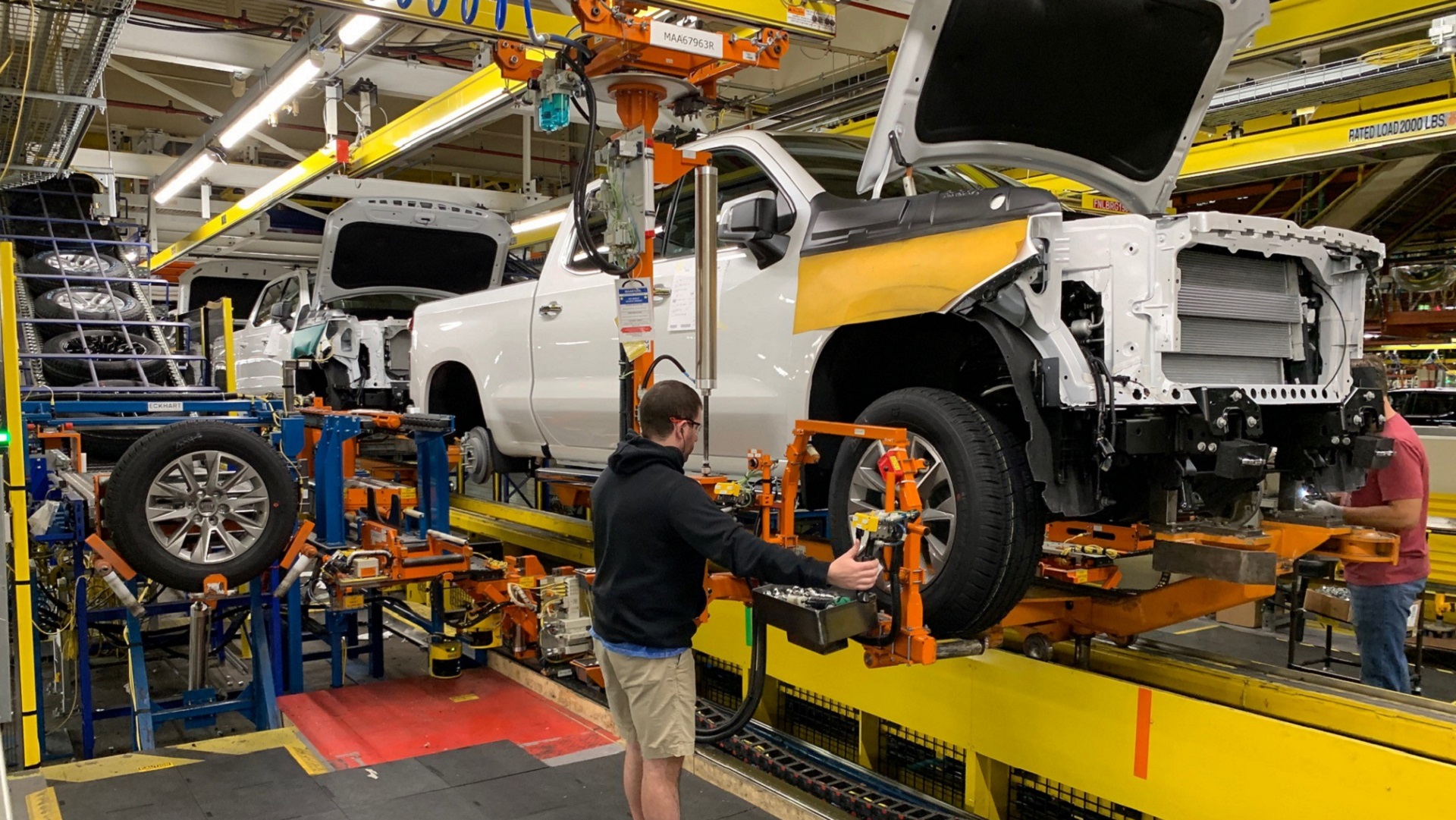

Just as the sun rises on the third day of the United Auto Workers (UAW) union-led strike against General Motors, news emerged that the Detroit automaker has officially stopped payment on health benefits to nearly 50,000 employees.
According to Reuters, these and other employee costs are now the responsibility of the union, which will have to tap into its strike fund until the two parties can agree on a new national deal. These healthcare-related costs were sought to be covered by GM until the end of the month despite the lack of a contract, but now it appears that union negotiators could not secure such a deal.
The UAW claimed Tuesday that talks between union and GM directives had made some progress in key areas of contention, but did not release specifics. Reports claim that most disagreements between the two involved rising healthcare costs as well as fair compensation packages. The automaker claims to spend over $1 billion yearly on healthcare, which averages out to $1,700 to $2,000 per year per hourly employee.
“We understand strikes are difficult and disruptive to families,” GM spokesman Jim Cain said in an email to Reuters. “While on strike, some benefits shift to being funded by the union’s strike fund, and in this case hourly employees are eligible for union-paid COBRA so their health care benefits can continue.”
Another issue striking employees are trying to address has to do with wages for incoming, new, and young employees. Allegedly, the pay gap between new and tenured workers is massive, and is currently deterring incoming generations from being able to make livable wages in the industry. Despite GM claiming earlier this week that its average employee earns $90,000 per year including benefits and bonuses, the figure does little to reflect what a large majority of a workforce without specialty skills actually earns.
“I’m out here mostly for them,” a GM employee at Bowling Green facility Charlie Highlander told Reuters. “It’s about the young people for me.”
GM tweeted late Wednesday morning that negotiations had resumed, and expressed its desire to come to an agreement as early as possible. This is a developing story.